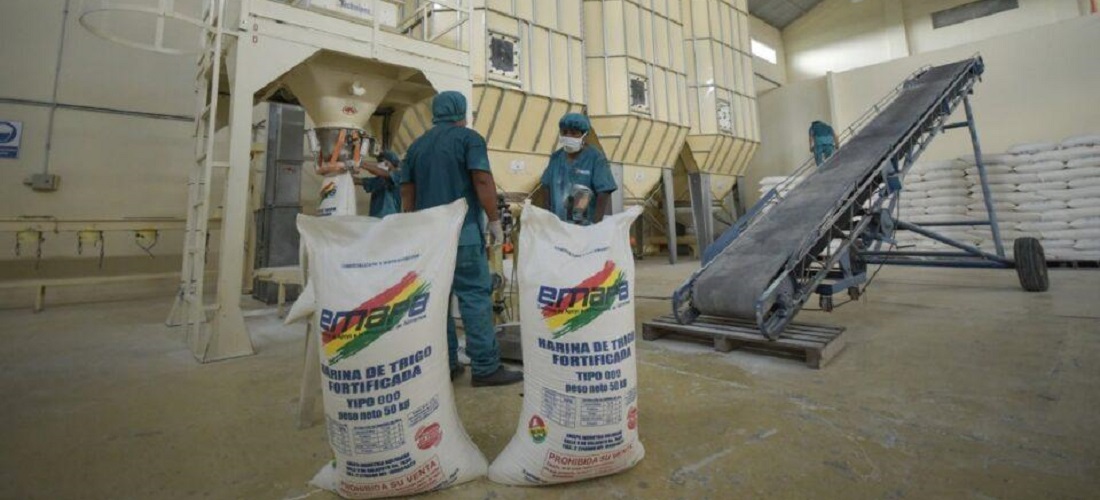
Bolivia Achieves Remarkable Reduction in Imports of Food Products
Oct, 24, 2023 Posted by Gabriel MalheirosWeek 202343
Benjamín Blanco, the Vice Minister of Foreign Trade and Integration, announced that Bolivia has significantly reduced its imports by over 658,000 tonnes across more than 200 products, spanning various sectors, including food and beverages. This decrease is attributed to the implementation of industrialization policies, import substitution, and the strengthening of domestic production.
Bolivia’s industrialization and import substitution strategy has yielded tangible results, as unveiled by Vice Minister Blanco. Over 658,000 tonnes of previously imported products are now being produced locally, marking a significant shift in the country’s economic dynamics.
Products with Reduced Imports
Among the products that have seen decreased imports are wheat (both meal and grains), rice, fruit juices, dairy products, cereal-based products, fish and their derivatives, sorghum grains, potatoes, fresh pears, apples, and grapes. Significant import reductions are particularly notable in wheat flour, grains, potatoes, rice, fruit juices, and cereal-based products.
Significant Decrease in Dairy Imports
Blanco emphasized that dairy product imports have reduced by 10,000 tonnes, and even though the country continues to import wheat, the reduced volume reflects progress towards food sovereignty and security.
The Food Production Support Company (Emapa) and the Ministry of Rural Development and Lands are collaborating to increase domestic wheat production with the aim of achieving greater self-sufficiency in this sector.
Domestic Economic Strengthening
According to Blanco, imports in the food and beverage sector decreased by 25% in volume in 2022, amounting to around 200,000 fewer tons compared to 2021. This substantial reduction translates into a $270 million saving in locally produced and processed food and beverages. The notable import reduction reflects significant economic savings and bolsters food self-sufficiency and domestic production.
-
Shipping
Oct, 03, 2024
0
Lines of ships at US ports grow as dockworker strike enters third day
-
Shipping
Aug, 11, 2023
0
Cargo throughput on Brazil’s Tietê-Paraná Waterway grows 76%
-
Ports and Terminals
Aug, 01, 2022
0
World’s first fully automated multimodal transport terminal is working in China
-
Ports and Terminals
Mar, 18, 2020
0
Argentinian authorities clarify coronavirus measures to avert stoppage by grain port workers



